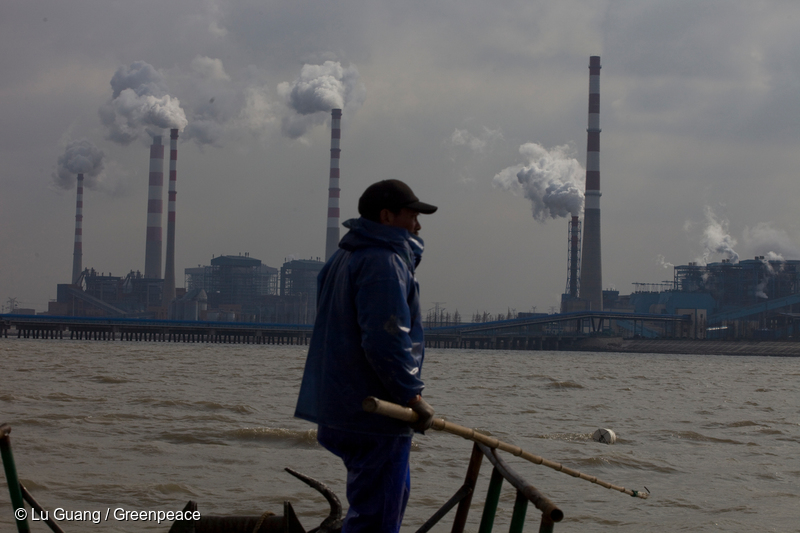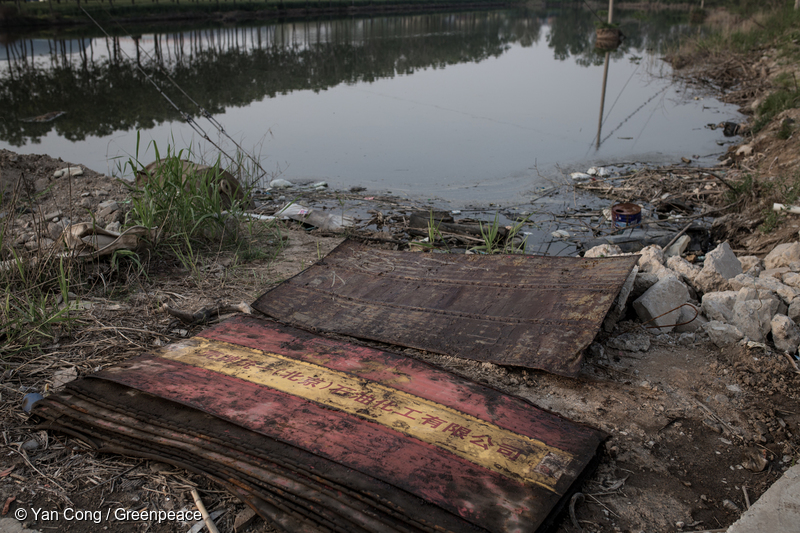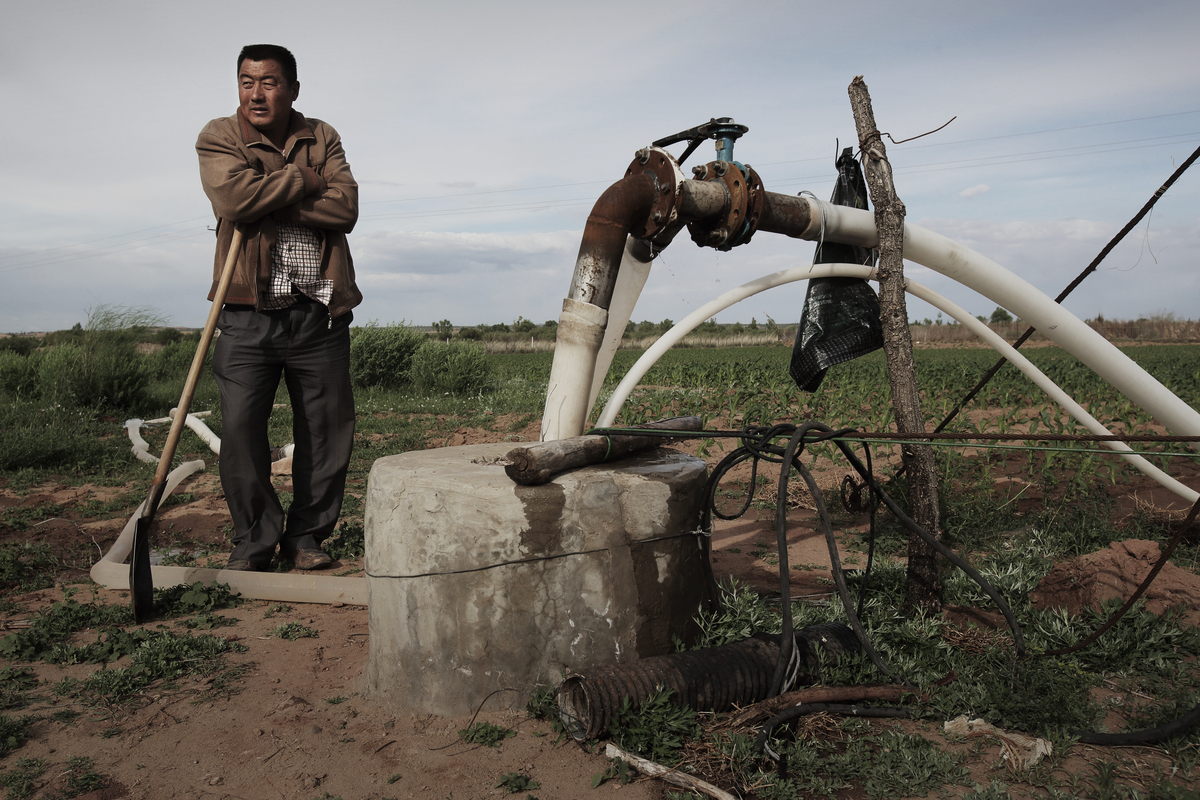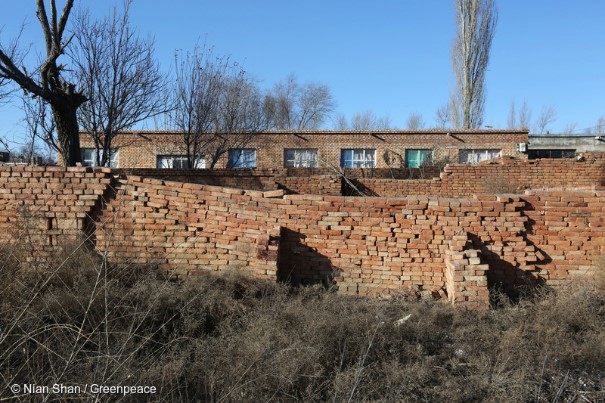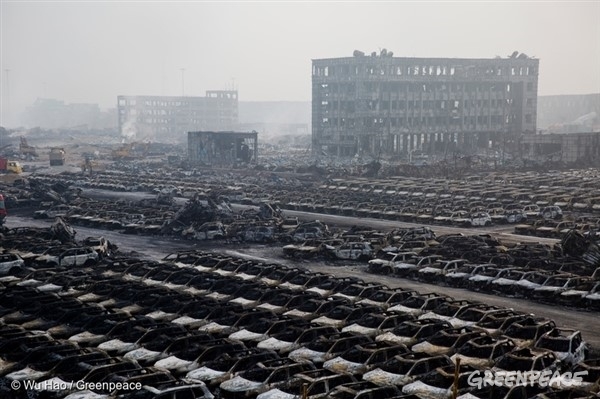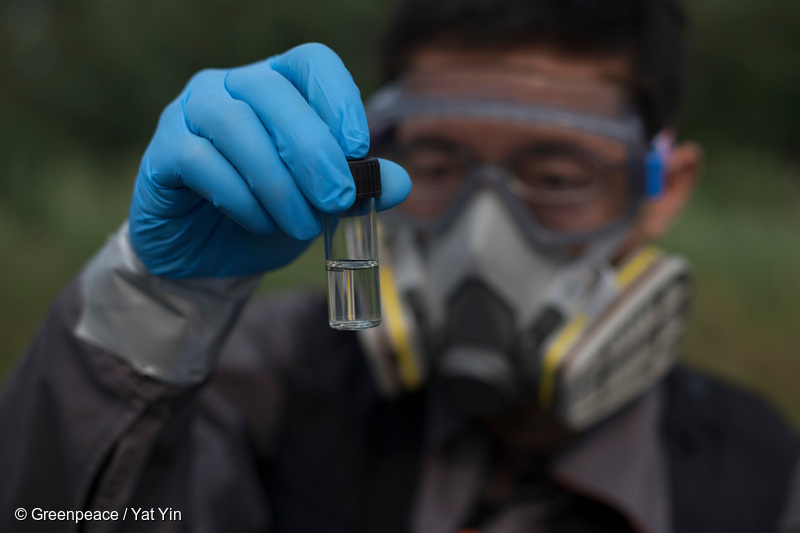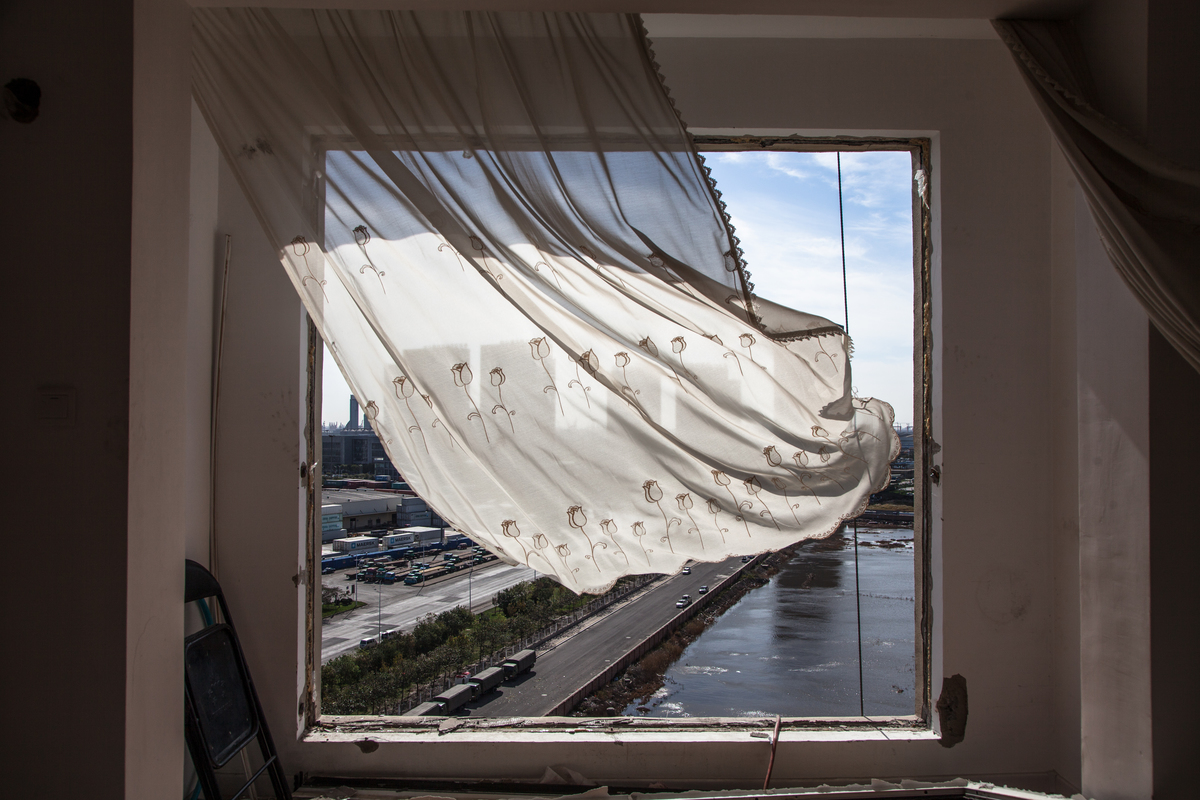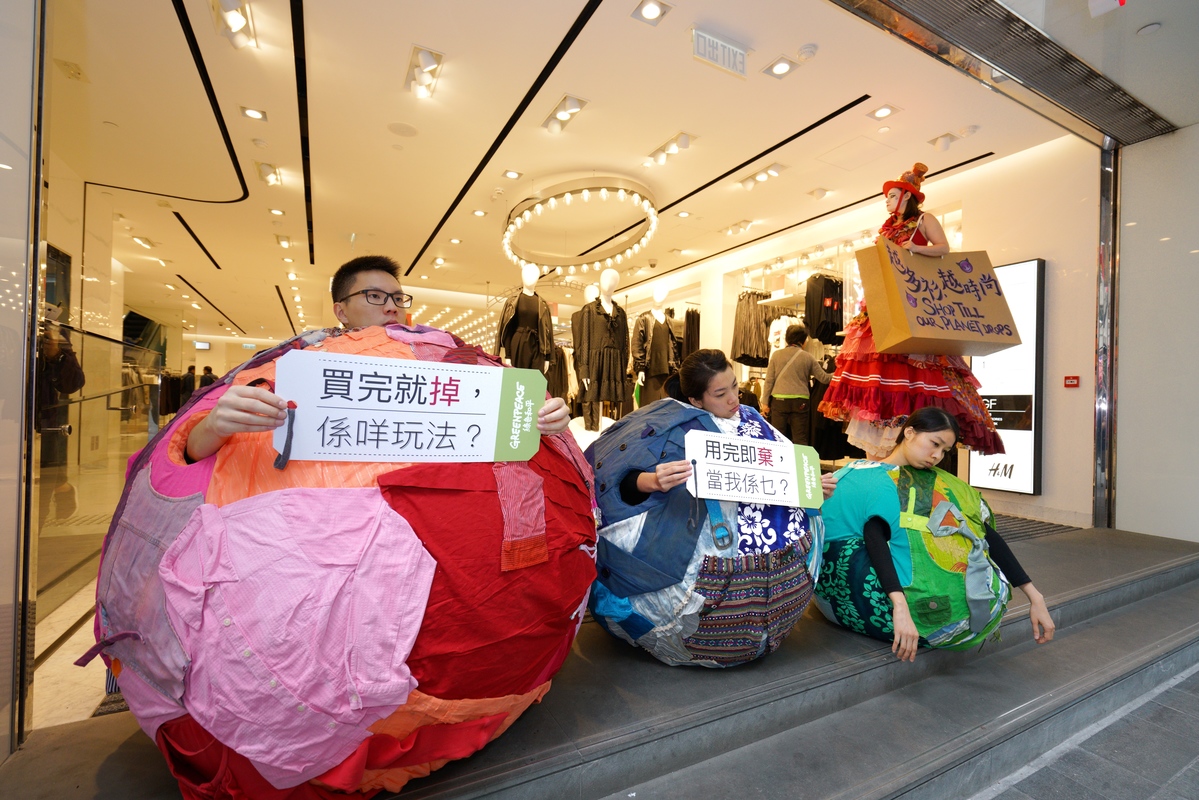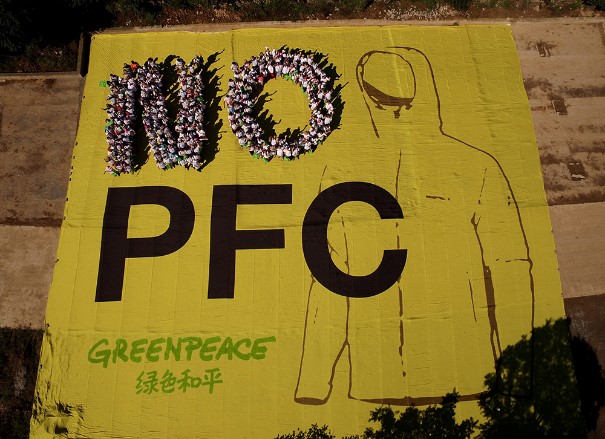-
15,000 people and key Yangtze River ecosystem areas in close proximity to Jiangsu Deqiao Chemical Storage facility fire, Greenpeace
Beijing, 23 April, 2016 - Yesterday morning at 09:40 the Jiangsu Deqiao Chemical Storage facility in Jingjiang city, Jiangsu Province, caught fire. The facility, located next to the Yangtze River, stores up to 56 chemicals categorised as ‘hazardous’ by the Chinese government. Greenpeace East Asia analysis has found that up to 15,000 people live within…
-
Pollution linked to cases of cancer in Changzhou middle school – Greenpeace response
Beijing, 18 March, 2016 – The news that nearly 500 pupils in Changzhou Foreign Languages School have fallen ill, some diagnosed with cancer, most likely due to extremely high levels of groundwater and soil pollution in the school’s vicinity, is yet another reminder of the seriousness of China’s hazardous chemical pollution. Moreover, the fact that…
-
More than 80% of shallow groundwater wells in China unfit for human use, Greenpeace reaction
Beijing, 12 April, 2016 – Yesterday's announcement from China’s Ministry of Water Resources (MWR) that more than 80% of tested shallow groundwater wells in China are polluted and unfit for human use is another stark warning of the extent of groundwater pollution in China.
-
How coal is sucking the life out of the Kuye River Basin
The Kuye River Basin in Northern China is already suffering from severe water stress. So why is the development of water-intensive coal power continuing to be permitted there?
-
China releases Tianjin report, but questions are left unanswered
Just two days before the lunar new year, China’s largest holiday, the Chinese government finally released its investigative report into the causes of the Tianjin blasts which rocked the Binhai…
-
Greenpeace reaction to the State Council investigation report on the Tianjin Blasts
Beijing, February 6, 2016 - Following the release of the official Tianjin blast investigation report, Greenpeace urges the government to systematically review and reform the chemicals management system in China.
-
After Tianjin, families struggle to piece their lives back together
Just before midnight on August 12 2015, two blasts ripped through the Binhai New Area port of Tianjin. The blasts were so powerful that they could be seen from space and terrifying footage of the explosions was circulated around the world. 203 people lost their lives that night- and thousands more were left homeless, injured,…
-
Greenpeace urges Hong Kong to join ‘Buy Nothing Day’ and stop over-consumption
Hong Kong, 27 November 2015 ¬– Greenpeace marked today’s international Buy Nothing Day by highlighting Hong Kong’s wastefulness: last year the region discarded 110,000 tonnes of textiles, equivalent to about 1,400 T-Shirts every minute – an amount that could cover 25,000 Hong Kong Stadiums.
-
Nature lovers say NO to PFCs
Today, 250 nature lovers and green activists used their bodies to say NO to PFCs in West Beijing's beautiful Mentougou Water Spirit Village.
-
Paradise Lost? Hazardous chemicals have reached the furthest corners of our planet
In June, we set out on a mission: to find out if the stunning nature that we love is as unspoiled as it appears. Eight teams of Greenpeace volunteers headed expeditions across three continents to the most remote and pristine places on the planet.

